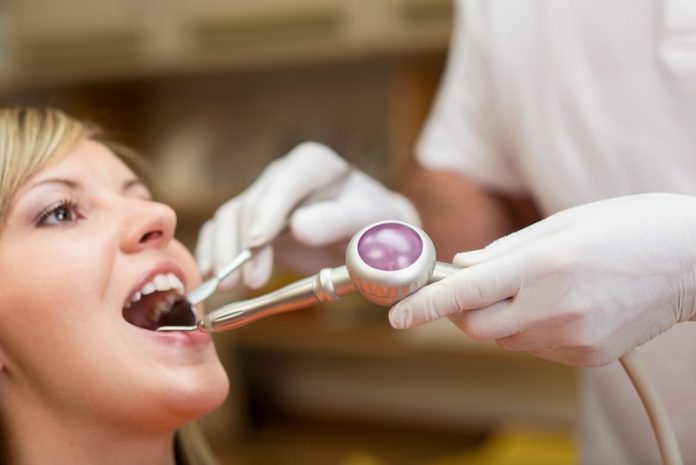
A recent study by Rutgers Health shows that a combination of over-the-counter medications, acetaminophen (Tylenol) and ibuprofen (Advil, Motrin), provides better pain relief after wisdom tooth removal than opioids. This finding has the potential to reshape how dentists manage pain after surgeries.
The study involved more than 1,800 patients and compared the pain relief provided by the non-opioid combination to that of hydrocodone (an opioid) combined with acetaminophen.
Patients taking acetaminophen and ibuprofen reported less pain, better sleep, and greater satisfaction with their pain management, especially during the first two days after surgery when pain is most intense.
“This is a landmark study,” said Dr. Cecile Feldman, dean of Rutgers School of Dental Medicine and the lead author. “The results exceeded our expectations.”
Dentists are among the leading prescribers of opioids in the U.S., with over 8.9 million opioid prescriptions written in 2022. For many young adults, dental procedures like wisdom tooth removal are their first encounter with opioids.
However, early exposure to opioids increases the risk of future use and potential addiction. Opioid addiction remains a serious problem in the U.S., leading to over 80,000 overdose deaths annually.
The study used a randomized design, dividing patients into two groups: one received the opioid-acetaminophen combination, while the other took acetaminophen and ibuprofen.
Over the week following surgery, participants tracked their pain levels, sleep quality, and how well they were able to resume daily activities.
Results published in The Journal of the American Dental Association revealed that the non-opioid combination offered better pain relief during the peak-pain period (the first two days after surgery).
Patients taking acetaminophen and ibuprofen also experienced better sleep on the first night and reported fewer disruptions to daily activities throughout their recovery. Moreover, they were half as likely to need additional “rescue” pain medication compared to those on opioids.
Dr. Feldman emphasized that this study supports a shift away from routine opioid prescribing. “There is no reason to prescribe opioids unless there are special circumstances, like medical conditions that prevent the use of ibuprofen or acetaminophen,” she said.
The study’s large scale and real-world approach make its findings particularly impactful. With over 1,800 participants across five clinical sites, it is one of the largest studies of its kind.
Unlike controlled trials that often don’t reflect typical patient experiences, this study examined practical outcomes like sleep quality and the ability to return to normal activities.
The findings align with recent American Dental Association recommendations to avoid opioids as the first choice for pain relief.
Dr. Feldman hopes the results will influence prescribing habits and improve patient outcomes. “Dentists can feel confident that the non-opioid combination not only works but also benefits patients in terms of sleep and recovery,” she said.
Looking ahead, the research team plans to explore the effectiveness of non-opioid treatments for other dental procedures and pain conditions. Some researchers at Rutgers are also studying cannabinoids as an alternative for managing dental pain.
“This research is not only shaping how we approach dental care today but also how we train future dentists,” Dr. Feldman added. “At Rutgers, we continually update our curriculum to reflect the latest scientific advancements.”
This study provides a compelling case for prioritizing non-opioid pain management, offering safer and more effective options for patients recovering from dental surgeries.
If you care about gum health, please read studies about an important causes of tooth decay and gum disease, and common tooth disease that may increase risks of dementia.
For more health information, please see recent studies about mouthwash that may increase your tooth damage, and results showing this diet could help treat gum disease.
The research findings can be found in The Journal of the American Dental Association.
Copyright © 2025 Knowridge Science Report. All rights reserved.



